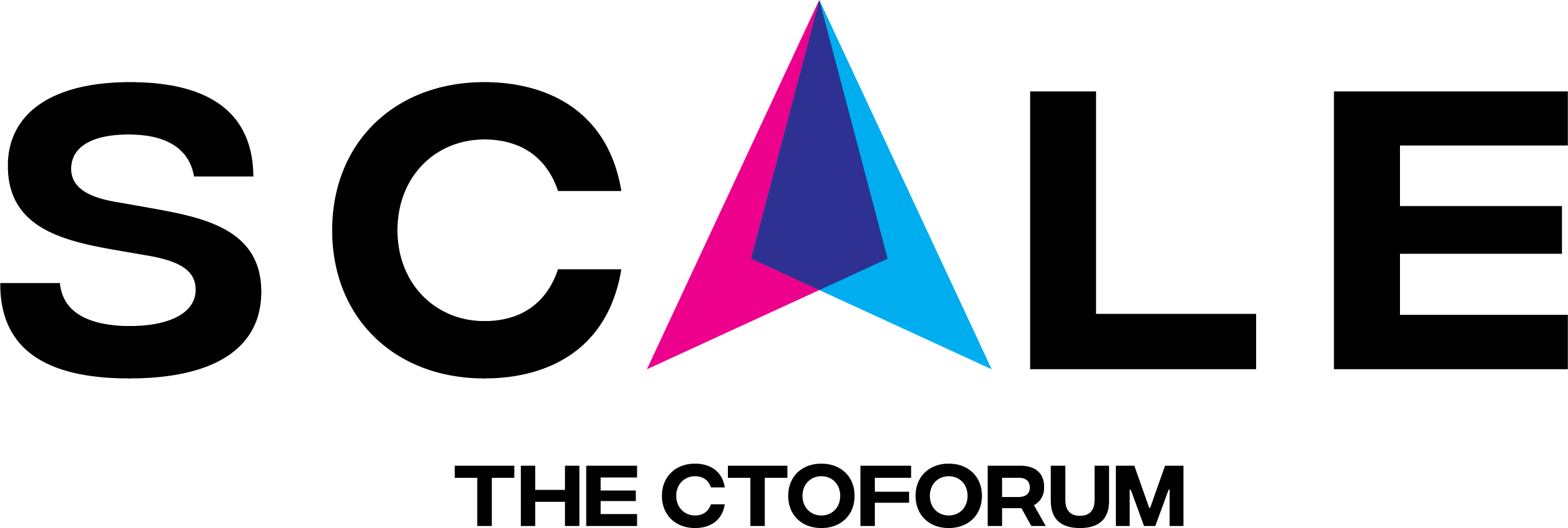The Indian construction sector contributes significantly to India’s GDP. In FY21, the infrastructure sector attracted about a 13% share of the country’s total FDI inflows of USD 81.72 billion. The industry is also the country’s second-largest employer, employing over 49 million people.
For India to achieve its target of becoming a USD 5 trillion economy by 2024-25, the construction and real estate sector has a pivotal role to play. However, the highly unorganized sector is battling poor supply chain visibility, inefficient logistics, significant price variation in materials, quality management, and project cost overruns. Due to this, many projects fail to deliver what they promise, delaying the successful completion of construction projects.
The new-age technologies have the potential to address many of the above challenges. But due to the lack of training and resources, not many construction companies have been able to simplify these longstanding complexities. The challenge is even more significant in not-so-large construction companies that do not give large orders at one go. To solve these challenges, in 2016, Infra.Market, a business-to-business (B2B) tech-enabled startup, entered the market and took on the challenge of revolutionizing the supply chain and delivering sustainable performance improvements for the construction sector.
With over 4000+ customers, today, the unicorn caters to several leading institutional customers (B2B) and retail outlets (D2R) in the construction materials sector.
Key challenges
“The idea of Infra.Market started with knowing that the current marketplace in this whole industry and ecosystem is very vertical focused. All the major players have done a fantastic job leveraging technology in their category, dominating end to end. But the construction industry operates more horizontally,” says Satya Kaliki, Chief Technology Officer, Infra.Market.
“Nobody – not a single player in the entire ecosystem – is connecting people on a horizontal platform. If [in the construction segment] someone has to buy outside of the category, the experience is not uniform as they [consumers] have to use multiple applications and platforms,” Kaliki explicates.
One of the biggest industry challenges, according to Kaliki, is procuring materials locally. And considering the highly unorganized nature of the local dealer-distribution retailer channel is, working with the same retailers and distributors across India is not always possible. The procurement of materials within the specified timeframe and at the right cost, especially for small companies, is a significant challenge.
Infra.Market says they are extensively harnessing technological solutions – cloud, data analytics, artificial intelligence (AI), and augmented and virtual reality (AR/VR) –for the B2B customers and efficiently enabling a direct communication chain between the manufacturer-dealer-distributor-retailer network and the end customer. “A lot of the time, the customer has a specific requirement. For instance, an independent home builder or a regional contractor walks into a retail store and says that I want 50 bags of a particular cement brand. What is the guarantee that the supplier or retailer will deliver the required quantity of the cement in the next 24 or 48 hours? If there is a particular supply shortage of a brand, the retailer should be able to recommend that there is an equivalent grade or better-quality product available at a certain price point, with a guarantee that they can deliver in 24 hours,” Kaliki says.
“But for that, the retailer should have the visibility of the entire supply chain. So today, that supply chain visibility is also missing. They place the order, and after that, they assume that the order will be delivered. But there is no visibility of the exact arrival time of the truck at the godown of the retailer or may be directly at the customer site,” Kaliki adds.
When the purchase order is large, but the material is required to be delivered in phases, project builders may not always get the same quality material. The real-time scheduling of delivering construction material has been a challenge that the industry has faced for too long.
The Mumbai headquartered company says its tech platform intends to make the supply chain more transparent and efficient and help companies/customers gain cost advantages. However, it also recognizes that the path is not so easy as acquiring tech talent is a continuous challenge, and the company has been extensively focusing on demonstrating its culture and the value it brings to the economy to the new age generation.
Another hurdle that it has been facing is the less tech readiness of the industry. “How many people can relate to technology and automation in our industry? Convincing them [its partners] to leverage and realize the value of technology is a continuous challenge and focus area for us. We want more and more believers that tech will play a major role. The market size is too huge. We want to be true enablers, so convincing the customers and partial competitors of the benefits of the technology is extremely important for us,” says Kaliki.
The solutions and the impact
Infra.Market offers a unique value proposition to all its users – contractors, designers and engineers, materials manufacturers, and component manufacturers. Its technology platform connects client requirements directly to the supply chain infrastructure and provides complete visibility in ordering, tracking, and manufacturing until onsite delivery.
“In our sector, pricing fluctuations are very heavy. The prices of cement and steel change very frequently, and then there are derived products that are get impacted by them. From a sales point of view, we have the right technological tools that equip our people to know what the right pricing is so that we make decisions to put the right quotations in front of our customers. This visibility is essential for our users,” says Kaliki.
The construction material supplier says it leverages data analytics and AI-built solutions to provide timely updates on every order stage. Customers can also access the best price through its dashboard and compare it with historical data and future price fluctuations trends. Kaliki says that the company also ensures that its customers get specific quality materials needed for their projects. “If our customer is delivering a metro project, quality has to meet a certain requirement. Our customers have confidence in us regarding price, visibility, and delivery reliability. That trust is crucial.”
To address the real-time delivery challenge, the company leverages cloud, GPS-enabled trucks, and WhatsApp-based API to inform the users. “Supply decision has to be in real-time. This is very complex in nature. In 2 to 3 hours, we have to deliver concrete in workable condition from our manufacturing facility to the customer site. Forty-tonne trucks need to be route planned in traffic. If the truck is late, say, by half an hour, concrete-like M90 grade may have to be just thrown out as it cannot be consumed,” Kaliki explains.
Factors such as weather, strikes, or any other unforeseen circumstance can impact the scheduled deliveries and coordination. “What if the weather changes? Labor is ready. Pumps are ready. Everything is ready at the construction site. Now suddenly, at 9 a.m., the weather has changed. And it started raining. So, they will say that I can’t do it now. You have to shift it either later in the day or tomorrow. This real-time scheduling and coordination among all the people currently operate on the phone and SMS. As a delivery coordinator, I will initiate the delivery of the product if I don’t get to see the SMS asking for re-scheduling,” says Kaliki.
From an infrastructure standpoint, Infra.Market uses AWS, Google, and Azure. It uses native frameworks to build applications that are based on micro-services architecture, go-language for programming, and PostgresSQL, an open-source relational database management system (DBMS).
Infra.Market has built an app ecosystem for its suppliers and buyers’ partners to optimize delivery by leveraging GPS-enabled trucks and intelligent process-based dashboards to inform all its partners. Kaliki informs that all this is done through the cloud-based app. We also use WhatsApp APIs to communicate with people and relevant apps to make customized profiles and accounts.
For the last four years, the company has been profitable and extensively focused on its umbrella construction products. Technology has also helped. “The very nature of the sales process in this ecosystem is very vertical in nature. By leveraging data-intensive solutions, we can provide automated lead generation to our salesforce. We are able to communicate to the salesperson of another vertical that, for instance, a customer bought concrete, they will also be buying cement, steel aggregates at the respective stages of their projects. And through technology, we are able to provide them [sales team] qualified leads at a very specific time, resulting in significant improvement, enabling them to close their targets much faster,” says Kaliki.
The company says that it has built data and analytics-based dashboards for each of its stakeholders that have resulted in improved visibility of schedules, fill rates, fleet utilization, customer feedback, sales, and payment cycles. “Data visibility has helped all our partners. For instance, invoices are now generated automatically. Payment cycles have been reduced by almost 7 to 14 days, which is incredible in the industry we operate in,” Kaliki expounds.
What’s ahead?
Infra.Market is now expanding AR/VR technologies to give users a beforehand experience of its offerings. “The idea is to leverage AR/VR to give users a fair amount of idea about their purchase. For instance, if I have a 3D diagram of my living room, can I take that living room picture and say can I browse through the tile option. What will my room look like if I apply a particular tile? How will my kitchen cabinet look if I apply this particular lamination available from different plywood suppliers? So, providing consumers with that kind of experience is also important for us,” Kaliki says.
Along with the same, it is also looking to expand the franchise stores in certain cities where consumers can experience the physical products and get a digital experience. It currently has over 4000 retail stores across 17+ states in India and expanding rapidly.
“Certain consumers are comfortable seeing catalogs digitally. It may not look as easy as looking at a t-shirt, jeans, or an e-commerce store. It requires more thought than impulsive buying. But a lot of time, customers come to buy a particular product, say an electrical product. There will be other products that they will be interested in. So, we can give them the same [like that of a physical store] experience to browse through the catalog digitally, from the comfort of their own homes,” Kaliki explains.
The company says that it has a dedicated account management and sales interface to give an exceptional e-commerce experience to its users. However, unlike the B2C platform, the buying decisions may not happen instantaneously, and hence users can browse the catalog and ask for a quotation or revision of pricing. It continues to focus on data-intensive technologies and experimenting with how it can drive more efficiencies for its partners.


